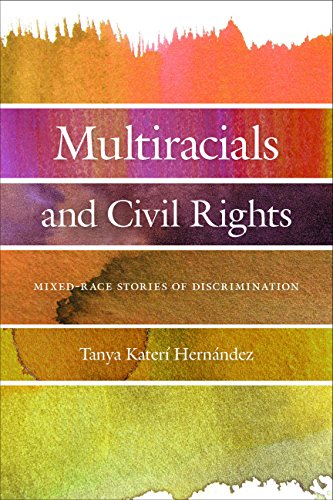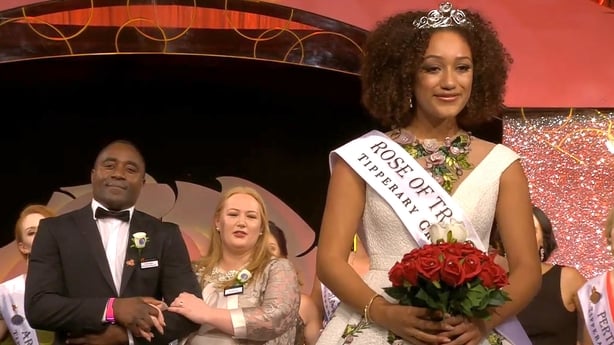“You Should’ve Seen My Grandmother; She Passed for White”: African American Women Writers, Genealogy, and the Passing Genre
University of Sheffield
October 2015
Janine Bradbury, Senior Lecturer in Literature; School Learning and Teaching Lead
School of Humanities, Religion & Philosophy
York St John University, York, United Kingdom
Ph.D. Dissertation
This thesis critiques the prevailing assumption that passing is passé in contemporary African American women’s literature.
By re-examining the work of Toni Cade Bambara, Toni Morrison, Gloria Naylor, Dorothy West, Alice Walker, and Barbara Neely, I argue that these writers signify on canonical passing narratives – Brown’s Clotel (1853) and Clotelle (1867), Chesnutt’s The House Behind the Cedars (1900), Johnson’s The Autobiography of an Ex-Coloured Man (1912), Larsen’s Passing (1929), and Hurst’s Imitation of Life (1933) – in order to confront and redress both the historical roots and contemporary contexts of colourism.
As well bridging this historiographic gap, I make a case for reading passing as a multivalent trope that facilitates this very process of cultural interrogation. Rather than focussing on literal episodes of passing, I consider moments of symbolic, textual, and narrative passing, as well as the genealogical and intertextual processes at play in each text which account for the spectral hauntings of the passing-for-white figure in post-civil rights literature.
In Chapter 1, I examine the relationship between passing and embodiments of beauty in Morrison’s The Bluest Eye (1970), Bambara’s “Christmas Eve at Johnson’s Drugs N Goods” (1974) and Neely’s Blanche Among the Talented Tenth (1994).
In Chapter 2, I discuss passing, class, and capital in Naylor’s Linden Hills (1985) and Dorothy West’s The Wedding (1995).
In Chapter 3, I suggest that Walker and Morrison revisit Larsen’s Passing in their short stories “Source” (1982) and “Recitatif” (1983).
Finally, I conclude this project with a discussion of Toni Morrison’s God Help the Child (2015) in order to demonstrate the continued centrality of the passing trope for authors interested in colourism, genealogy, and black women’s experiences.
Embargoed here until October 2020.




